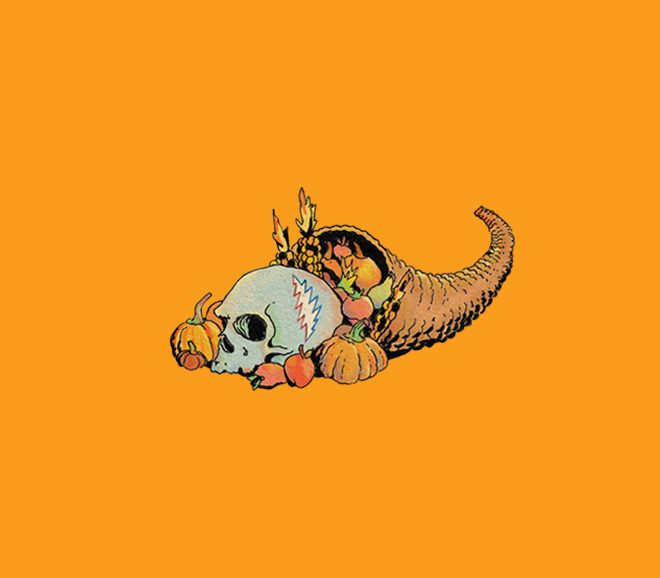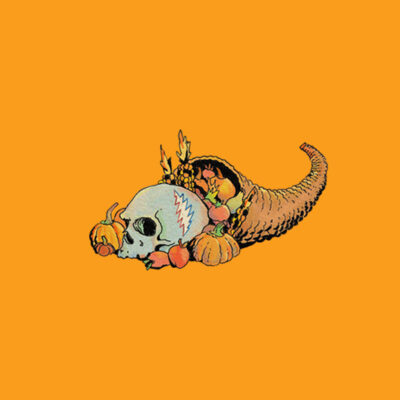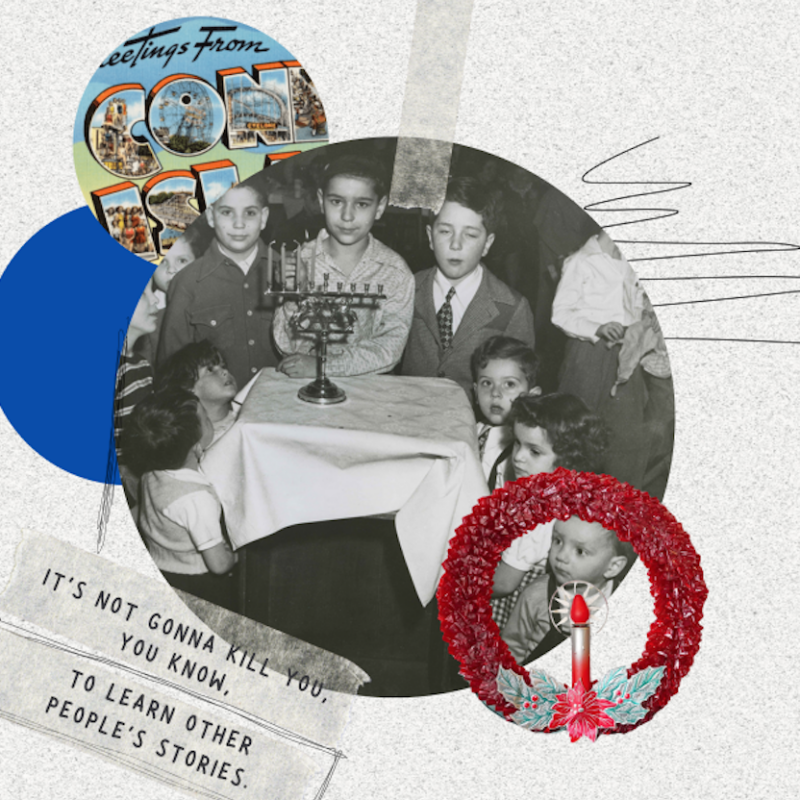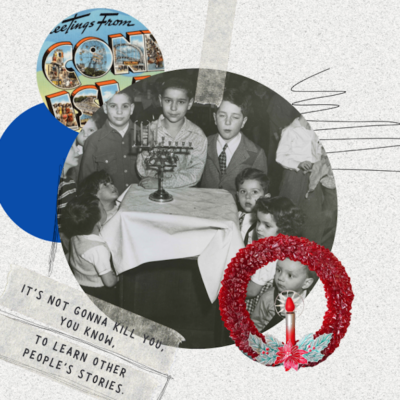Lucinda Williams is on a roll. After a feverish songwriting spell, she recorded 30 tracks, 20 of which made the cut on her new double album Down Where The Spirit Meets The Bone. The extended effort checks off a couple of new accomplishments for Williams, the longstanding songstress who’s maintained a steady presence on the country rock landscape for the past three decades.
It’s her first album on her own label, Highway 20 Records, and it also marks the first time she turned a poem by her father, notable poet Miller Williams, into a song. As the album’s lead tune, “Compassion” offers a mellow, poignant start to an effort filled with Williams’ expected candid introspection. Soon after, the record quickly accelerates and finds a consistent dance friendly, country-soul groove that’s assisted by some guest musicians, including swamp rock guitarist Tony Joe White and the Wallflowers’ frontman Jakob Dylan.
It’s certainly a milestone in Williams’ 11-album studio catalog and one that rivals the depth of her coveted 1998 breakthrough Car Wheels on a Gravel Road. A Louisiana native, Williams developed her distinct, raggedly honeyed voice through regular gigging as she bounced between Austin, Los Angeles, and Nashville. Before becoming established as an Americana heroine, she earned her stripes as a songwriter, winning a Grammy for Best Country Song in 1994 for Mary Chapin Carpenter’s take on “Passionate Kisses.” The tune originally appeared on 1988’s Lucinda Williams, an album that was recently reissued. Williams chatted by phone ahead of a Tuesday appearance at The Paramount Theater.
C-VILLE Weekly: How do you explain such productivity at this point in your career?
Lucinda Williams: That question is hard to answer. The last several years, I’ve been writing a lot more. When I was doing [the 2007 album] West, I had enough songs for a double album, but I was on Lost Highway [Records], and the label didn’t want a double album. It’s just a combination of things: being more confident as a writer and having done it for a long time.
Would you say writing songs is easier now than it used to be?
I think so. I’m not so self-conscious about it, and I give myself more permission to write different kinds of songs. After Car Wheels came out and did so well, I was having trouble coming up with enough songs for [the next album] Essence. When I signed with Lost Highway I had to get used to repeating the formula of writing, recording, touring. I think that’s part of it, too. I found a home on Lost Highway and gained some momentum, which made me become a little more disciplined with my writing.
You wrote “Compassion,” which features the line that generated your new album title, based on one of your father’s poems. Can you describe the experience?
I was thrilled to finally get it done, because it’s something I’ve wanted to do for years. It’s very challenging to pair music with certain kinds of poetry. You can’t just stick the melody on the poem. This came about because I wanted to call the album Down Where The Spirit Meets The Bone and I knew making a song out of that poem would be a last great final touch. That spurred me to do it. I rearranged the words and fleshed it out a little bit, but we put the original poem inside the album [artwork].
I always think of your songs as very personal and confessional but “West Memphis” is very topical in looking at the controversial 18-year imprisonment and ultimate release of the West Memphis Three. What prompted you to go in that direction?
I’ve always been inspired by the great topical songs that Bob Dylan wrote, so it’s something I’ve been pushing myself to do. I met the people who did the latest documentary on the West Memphis Three, West of Memphis, and [my manager and husband] Tom [Overby] and I were invited to a screening. By the end of watching it I was so furious by the blatant injustice I was inspired to write the song.
There’s a steady country-soul groove that remains consistent throughout the album. How did the music develop during these recording sessions?
When I was writing the songs, I decided I wanted to push the tempo up a little bit. I had been immersing myself in a lot of that kind of music, like [Dusty Springfield’s] Dusty in Memphis album, so I decided to go for that kind of sound. I take a pretty organic approach to recording. I come in with demos on guitar and then the arrangements are really spontaneous. I show the songs to the guys and then let them go at it and let things evolve.
Since you have such a deep catalog, what can we expect at the Paramount?
Tom is a really good set list maker. That’s his job now. We do a different one for every show. I know some artists don’t, but that just amazes me. I couldn’t run through the same show every night. We’ll be doing songs from all the different albums including a bunch of new ones.
Your self-titled album was just reissued, and it’s getting a lot of praise. How does it feel when work you did decades ago suddenly gets new life?
I was surprised at how well-received it was. When we went in to re-master it, we wanted it to sound better but still have its warm original sound, and I think we captured that. I still hear from people that it’s their favorite album, and that’s very gratifying after all this time. At the same time, it was weird to reflect and realize I made it that long ago.
Tuesday 11/11. $38-48, 8pm. The Paramount Theater, 215 E. Main St., Downtown Mall. 979-1333.





